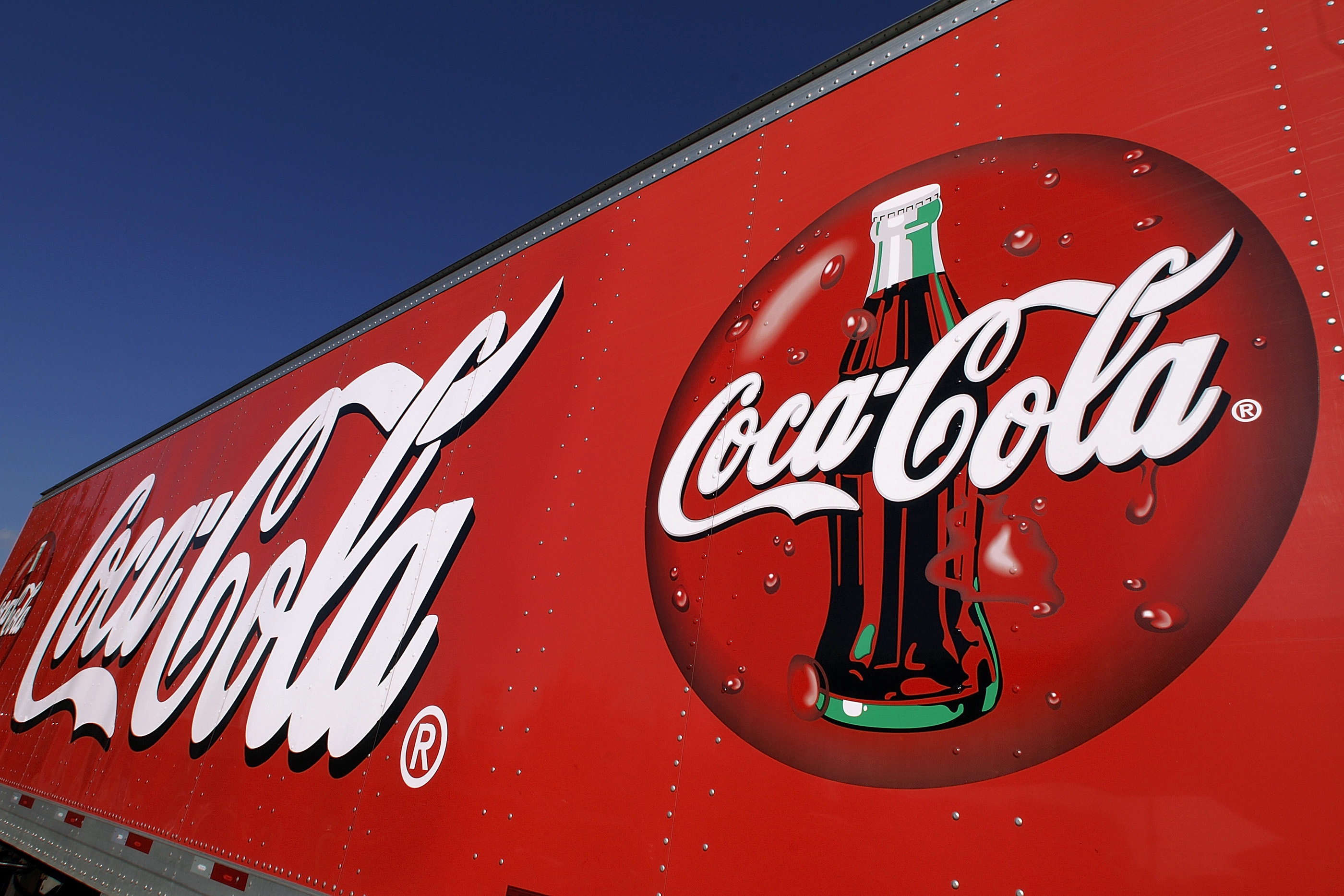Coca-Cola United, the privately-held bottling giant that owns the Chattanooga Coca-Cola Bottling Co., today announced a 45 percent expansion of its territory in the Southeast United States.
The expansion, which is part of a push by The Coca-Cola Co. to parcel out its operations among the five biggest independently-owned bottlers, will result in several additional territories being managed out of Chattanooga.
"We'll have the benefit of the efficiency, of the scale of having those acquisitions be contiguous to Chattanooga operation," said Claude Nielsen, chief executive officer of Coca-Cola Bottling Company United, which is based in Birmingham, Ala.
Coca-Cola United is the second-largest bottler and the largest privately-held bottler in the U.S. The company's subsidiary, Chattanooga Coca-Cola Bottling Co., was the first bottling company in the U.S.
Coca-Cola United will begin due diligence studies immediately, and will begin to integrate with its new territories by the second quarter of 2014. Nielsen couldn't comment on the possible of layoffs or facility closures, saying it was too early to speculate.
"We rely on our local operations to be very engaged in terms of local service," Nielsen said. "That will continue, absolutely."
The consolidation is a move in the opposite direction for Coca-Cola, the world's biggest beverage maker, which in 2010 purchased its biggest North American bottler in 2010 to take greater control over new products and packaging.
Now the Atlanta-based company is starting to sell back distribution rights to smaller bottlers though it is holding onto its factories as it continues to push for a national production model more akin to those in other countries. That means further changes to the system will be in store, such as building new plants and consolidating others.
"There's room for costs to come down. There's room for efficiency to increase," CEO Muhtar Kent said in a call with investors.
A franchising model lowers overhead costs for Coca-Cola because it means regional bottlers take on the responsibilities for delivering drinks to retailers such as supermarkets and gas stations. Although Coca-Cola doesn't book beverage sales from franchised territories, it gets fees from the bottlers.
Rival PepsiCo Inc., which also bought its biggest bottler in 2010, has also been consolidating production and plans to provide an update on a potential restructuring of the unit early next year, with possibilities including refranchising or a spinoff of the business.
According to the industry tracker Beverage Digest, the deals announced Thursday mean the Coca-Cola Co. will end up handling about 74.5 percent of its U.S. bottling business, down from 79.4 percent. The company declined to set a timeline Tuesday for when it will complete its refranchising in the U.S. But Kent noted during the call with analysts that in in four or five years, the U.S. market would come to represent some of its best practices in the world.

